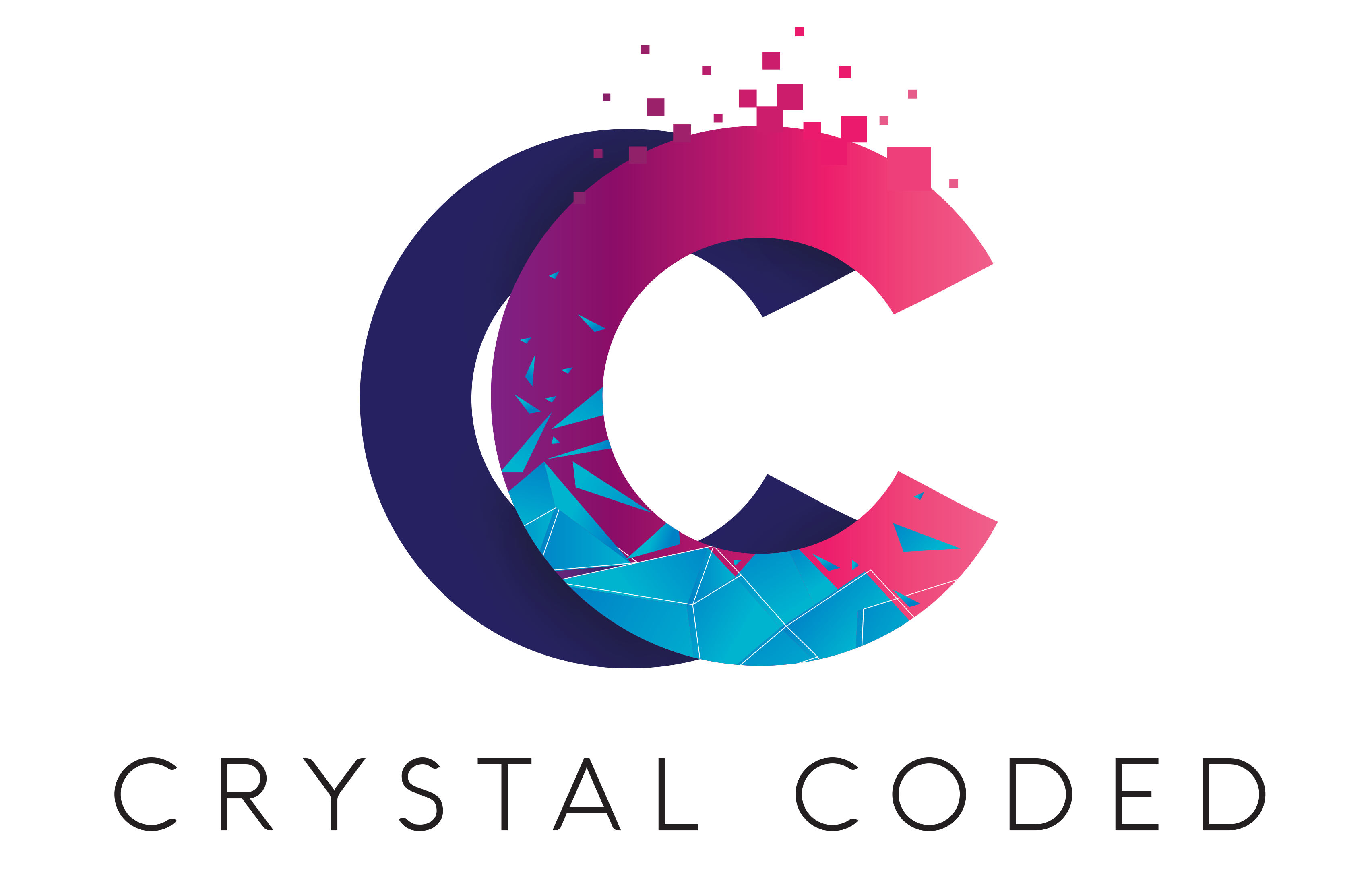Interview Accommodations for ADHD & Neurodivergence
- Crystal Young
.jpg/v1/fill/w_320,h_320/file.jpg)
- May 13, 2023
- 3 min read
While requesting accommodations for job interviews can be a deeply personal decision, it's important to know that these options exist to ensure a level playing field.
Common reasons candidates request accommodations includes things like: cognitive fatigue, difficulty processing information under stress, trouble thinking on their feet or responding in the moment, or difficulty focusing with someone watching them.

Larger employers may have established processes for interview accommodations, while smaller employers may be less familiar with the concept. It's understandable to have concerns about discrimination or unconscious bias, but knowing your options can help you accurately showcase your abilities during the interview process.
Interview accommodation ideas
Break up multi-round interviews. Instead of having 5 interviews in one day, request to have it broken up between 2 days.
Longer breaks between interviews to rest and regulate
Extended interview time, i.e. a 90 minute interview extends to a 2 hour interview. This can help if you need extra processing time
Request to have all questions in writing at the beginning of the interview and 5-10 minutes of processing time before interview starts.
Live captions
Ability to turn camera off
For technical interviews - request to work without interruption or ask interviewers to turn their camera off if it causes a distraction.
Alternative interview format - instead of a panel, request separate 1:1 interviews
Request a support person to attend the interview, like a job coach
If your interview requires testing, you could request testing accommodations that helped you previously in school or college.
Questions to ask your recruiter:
Can you connect me to the right person to learn more about the process for requesting accommodations for my interview interview?
If I get an accommodation, how is this communicated to the interviewers? Will they be aware of my disability status or be given any medical information about me? Will they know I have an accommodation?
Are the interviewers given instruction or training on how to counter unconscious bias or not take the accommodation into consideration when evaluating my performance?
Do you require me to provide medical documentation for my accommodation request? If so, how will this information be kept confidential?
Alternatives to accommodations:
If you don't want to request formal accommodations, you can still advocate for your preferences to your interviewers. Here are some examples:
"Would it be possible to have a few minutes to stretch my legs and get some water before we start the next part of the interview? I find it helps me focus better."
"I'm a bit sensitive to noise, would it be okay if we closed the door or moved to a quieter area for the interview?"
"I have a visual impairment, so it would be helpful if we could increase the font size on any written materials you give me."
"I find it easier to understand questions when they are presented in writing, would it be possible to structure the interview in that way?"
"I have a medical condition that requires me to take breaks every hour or so, would that be okay with you? I can make up the time at the end if needed."
“Part of my interview process involves reading the question and writing down a few thoughts before answering. Is that okay with you today?”
"It will be easier for me to focus if I don't get interrupted. Do you mind if we go on mute for 5 minutes while I work through this coding problem?"
Stanford created an awesome guide on accommodations during the hiring process if you want to learn more.
Are you looking for help in your job search or interview process? Schedule a consultation with me today!
-Kate




Comments